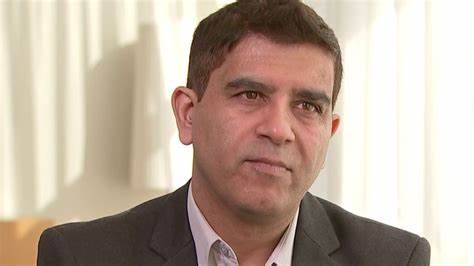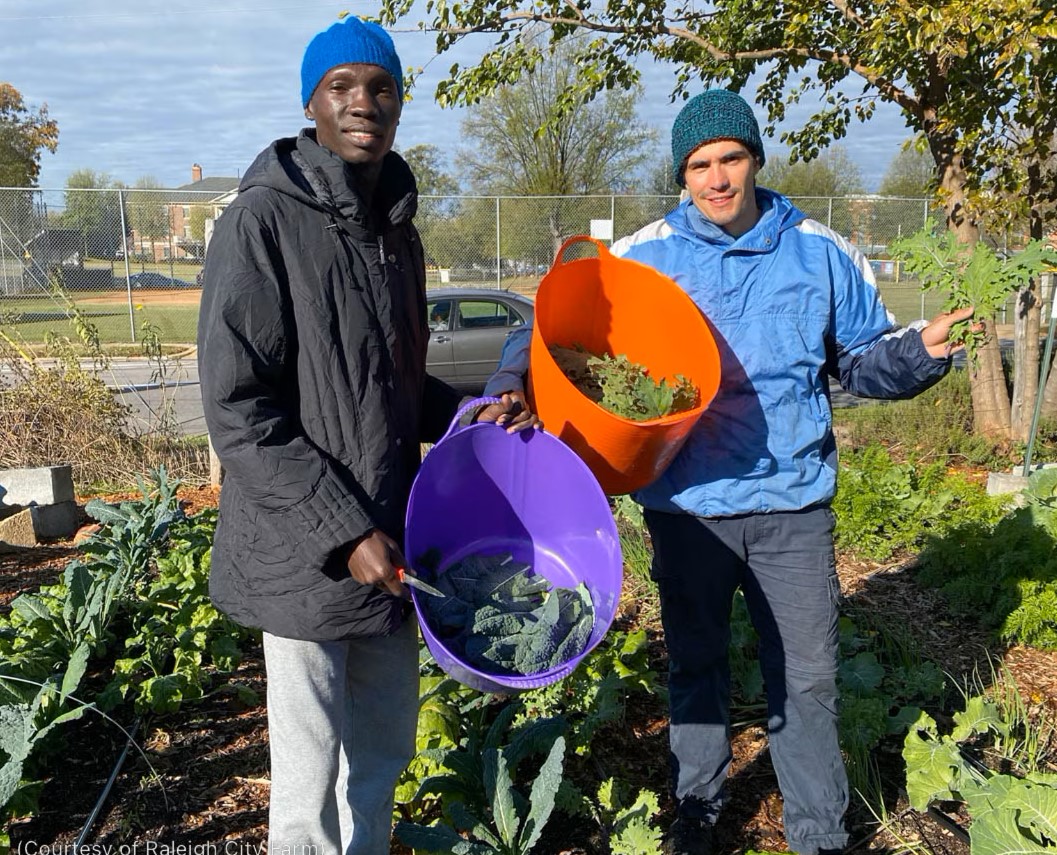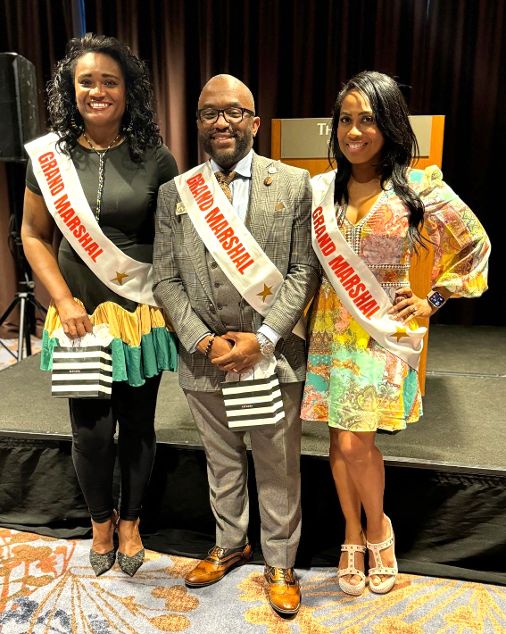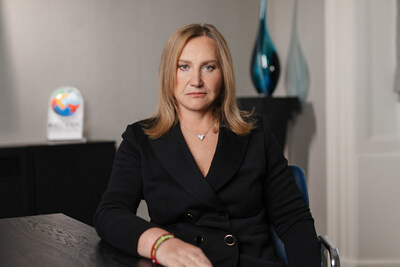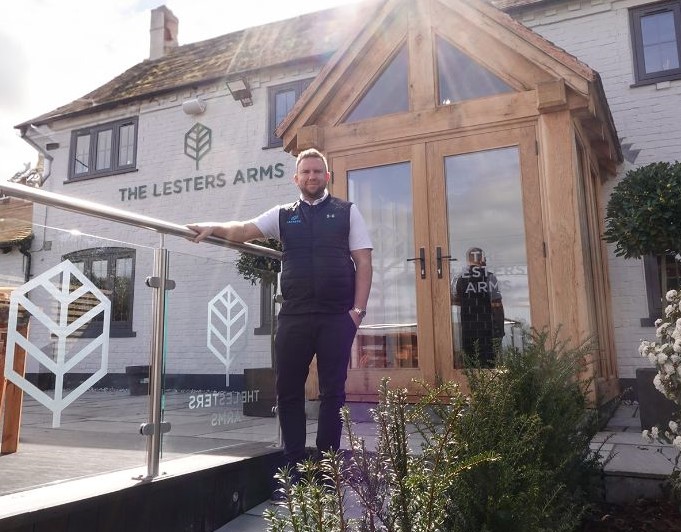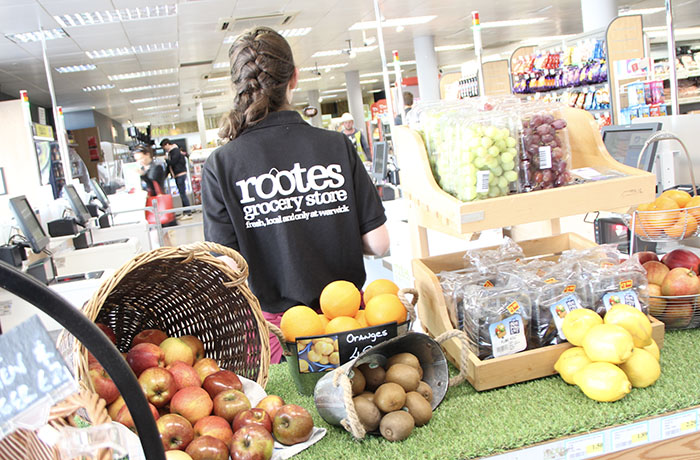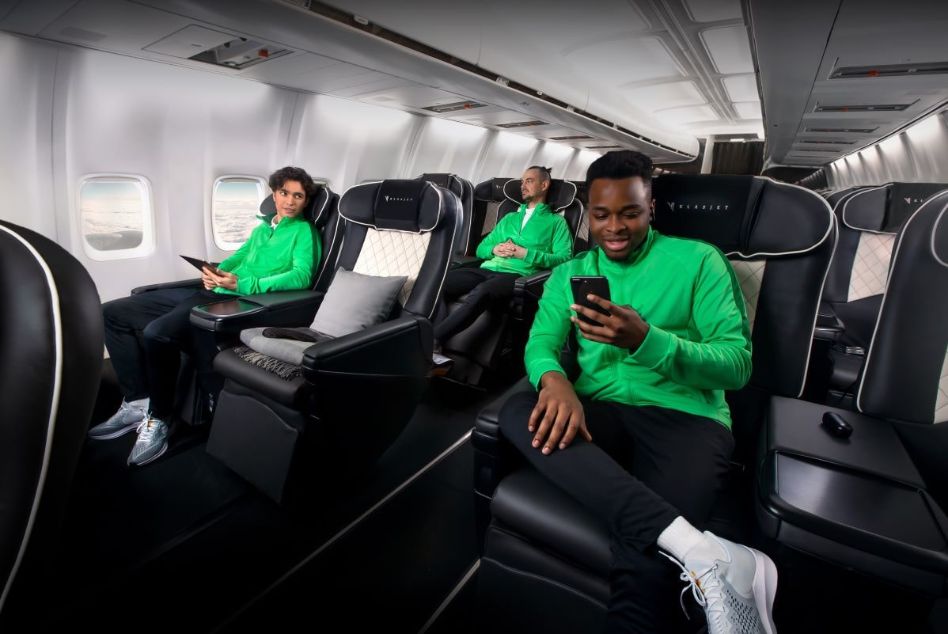At 27, Lasu Jacob works to tackle the twin problems of youth unemployment and food insecurity in his native South Sudan.
Jacob plans to teach young people in South Sudan techniques that he learned when he came to the United States that will allow them to grow more crops. That, he said, will “reduce hunger, create more jobs and reduce poverty.”
He is one of 34 young community leaders from 21 African countries who participated in the U.S. Department of State’s inaugural cohort of the Community Engagement Exchange (CEE) program.
The CEE program brought 100 emerging community leaders from 69 countries to work at U.S. non-profits in 2022. Over several months, they received leadership and development training to advance their work in their home communities.
As part of his practicum, Jacob worked on a farm in North Carolina, where he learned high-yield farming techniques and skills to lead and manage a non-profit. “The CEE Program has been a wonderful experience for me,” Jacob said.
In 2017, regional violence in northwest Cameroon forced Tomia Zongkazih Eka Chu and her family out of their homes. She made and sold juice to fund her education but saw many of her classmates drop out of school.
Her experience inspired her to help found Children’s Fate in 2020, a non-profit dedicated to teaching displaced and disaffected young people skills to start their own businesses.
As a CEE fellow, Chu partnered with The Martin Luther King, Jr. Centre for Nonviolent Social Change, in Atlanta. There she learned about managing a nongovernmental organization, received leadership training and worked on nonviolent conflict resolution.
Back in Cameroon, Chu has already expanded her nonviolence program to include leadership and nonviolence training. She said her experience with the CEE program and The Martin Luther King Centre “changed my mentality about violence … and what I could do to help these violent youth in my country.”
Bonface Massah, a member of the Malawi Human Rights Commission, overcame his own experiences facing discrimination to advocate for others. He worked with the CEE program as a specialist mentor, helping several fellows learn to work with people with disabilities.
Massah travelled to Washington and Detroit to meet with fellow CEE mentees, whom he encouraged to recognize and confront their own personal biases and those in the communities they serve. He said the CEE program helped fellows “rethink some of the things that people are doing in the world, beyond maybe what we’re doing in our own countries.”



